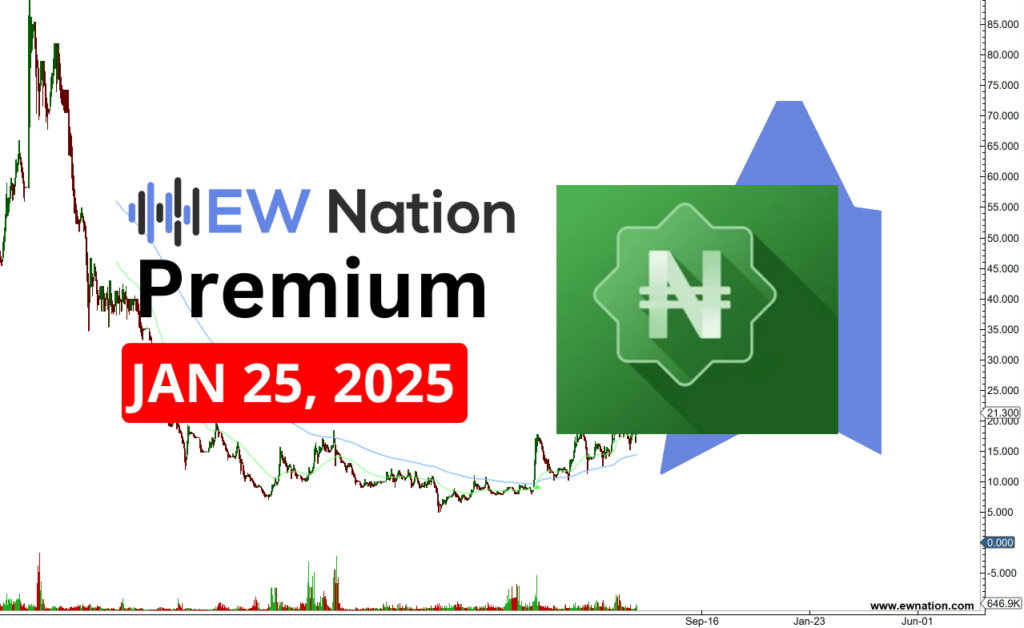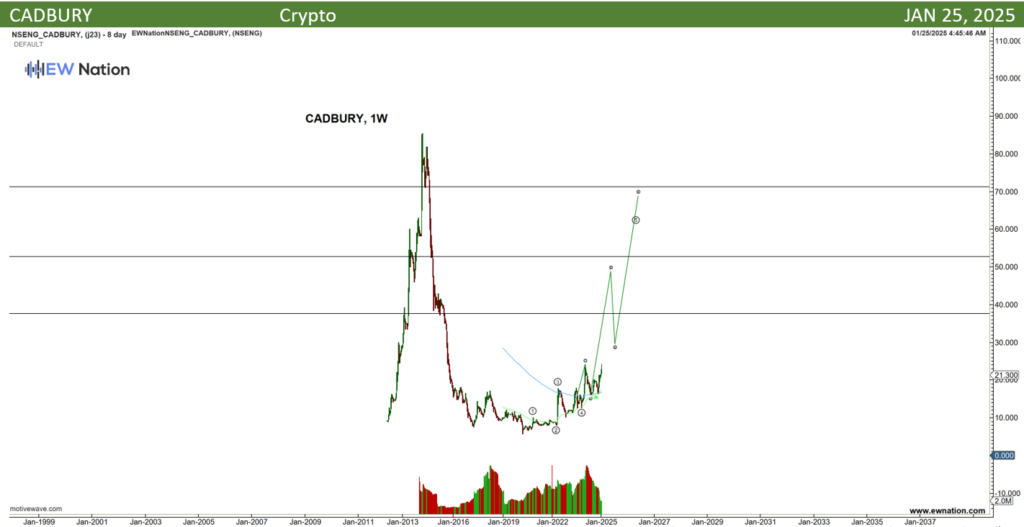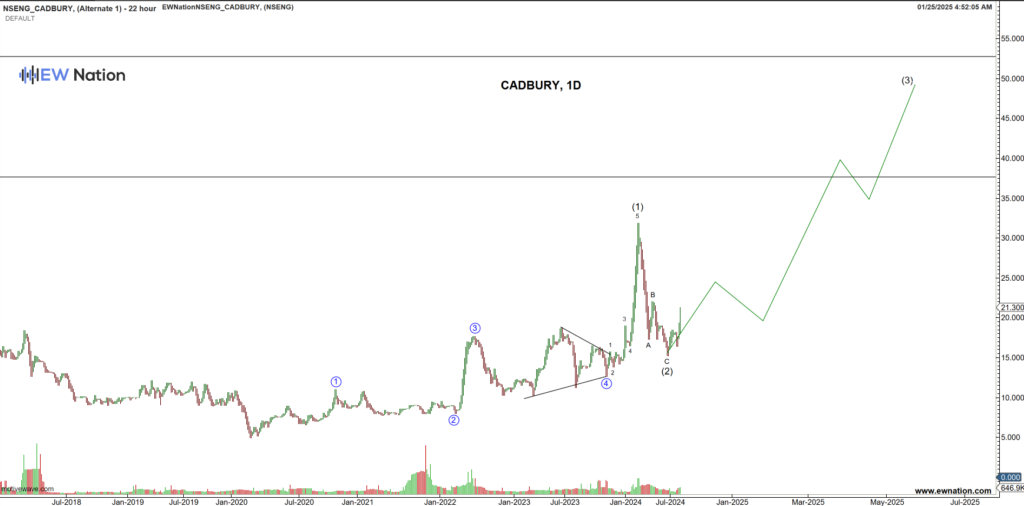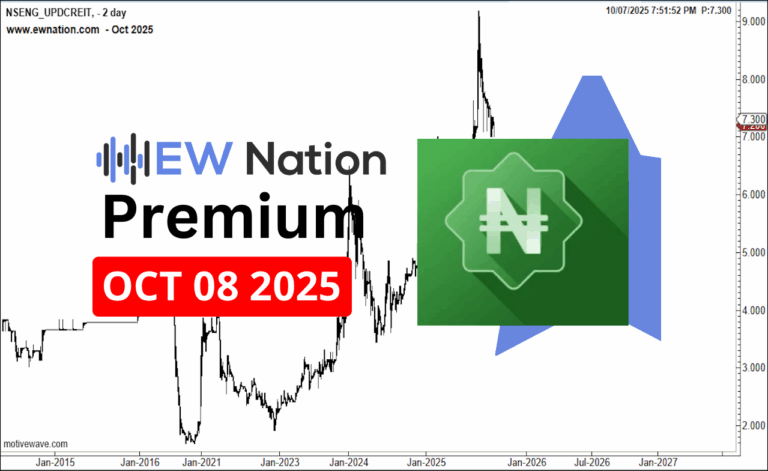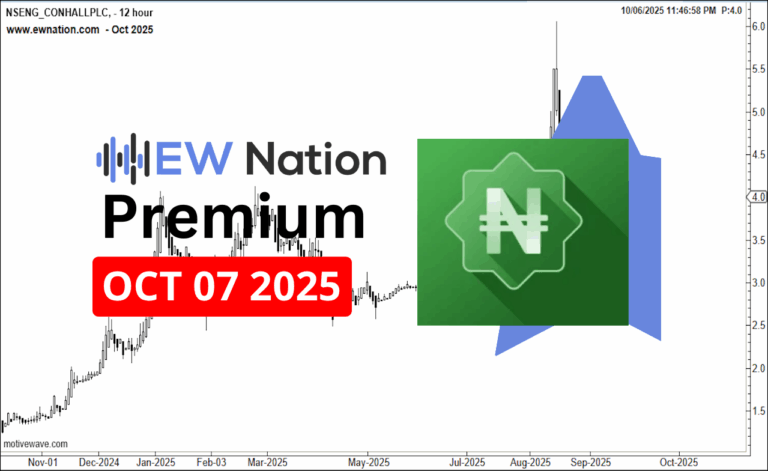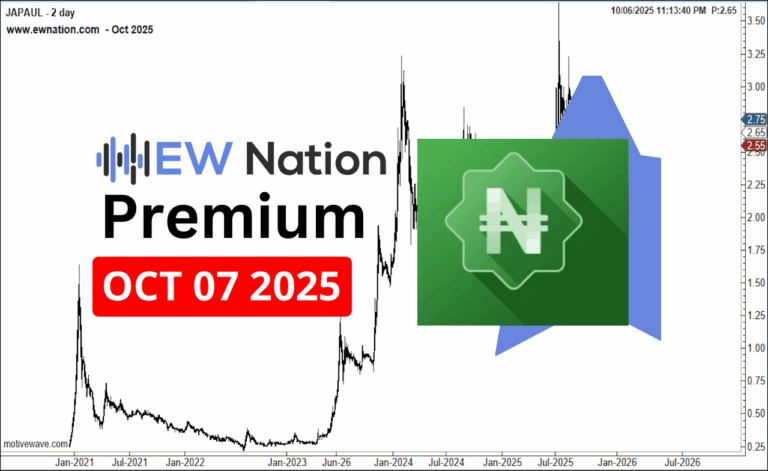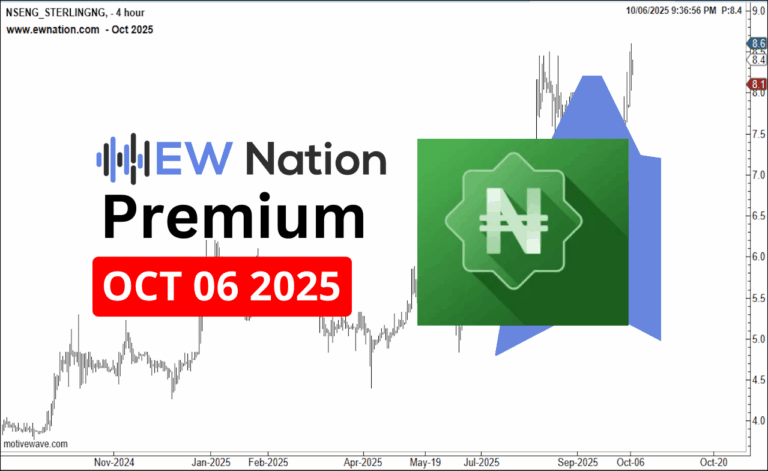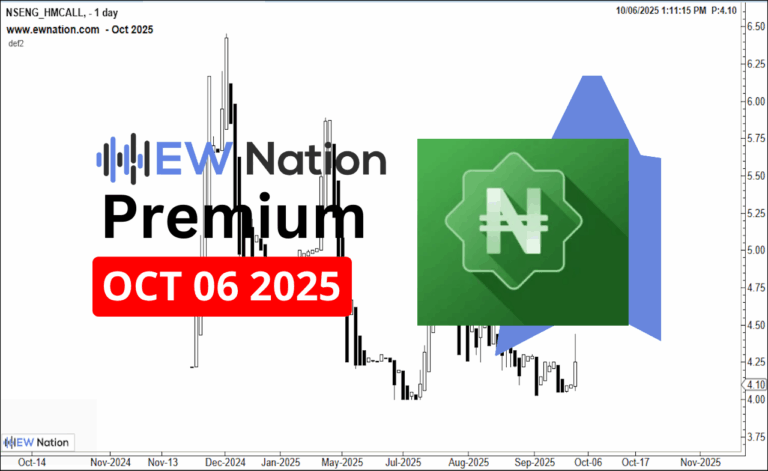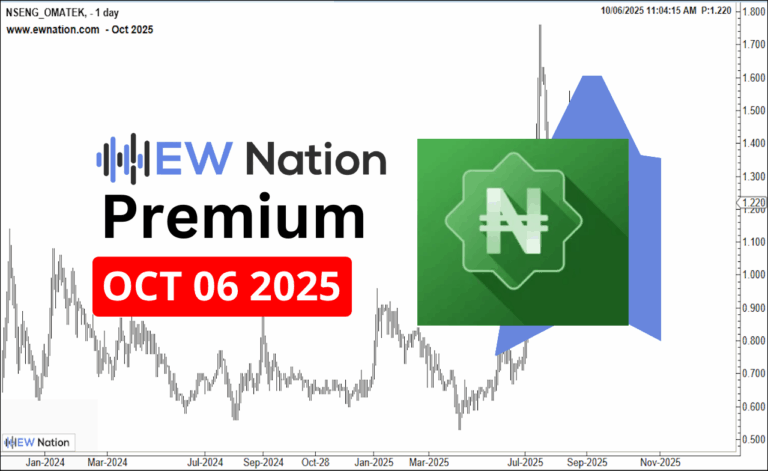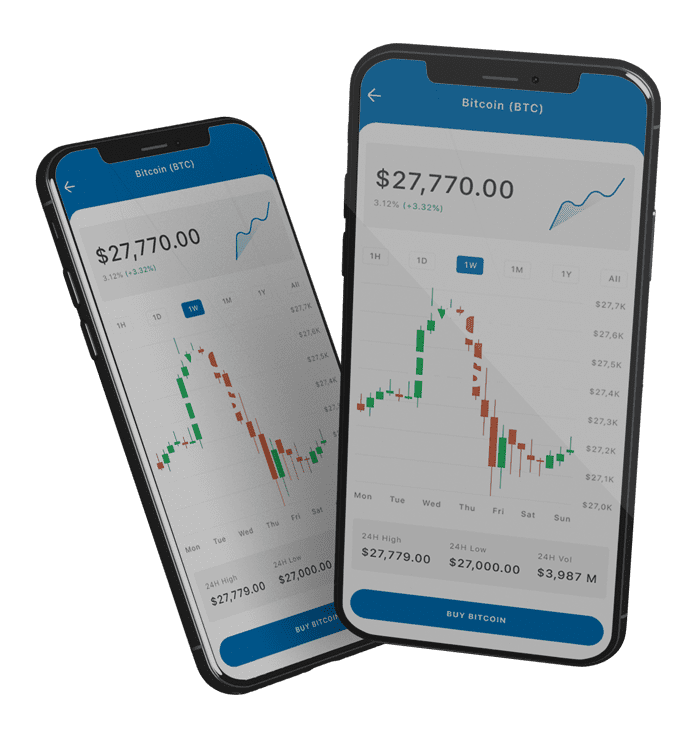Cadbury Nigeria Plc, a subsidiary of Mondelez International, is a prominent player in Nigeria’s food and beverage industry, producing iconic brands such as Bournvita, TomTom, and its confectionery line. The company’s performance reflects its ability to adapt to challenging economic conditions while leveraging its strong brand portfolio.
Recent Performance Overview
For the nine months ended September 2024, Cadbury Nigeria reported ₦36.45 billion in revenue, reflecting a modest year-over-year growth of 5%. This increase was driven by strategic pricing adjustments and steady demand for its flagship products despite persistent inflationary pressures. However, operating profit declined to ₦1.28 billion, down by 12% compared to the previous year, primarily due to higher raw material costs and foreign exchange impacts.
Cadbury posted a profit after tax (PAT) of ₦964 million, representing a 17% decline from the same period last year, as cost pressures continue to weigh on margins. Nevertheless, the company’s gross profit margin remains healthy at 31%, underscoring its operational resilience and ability to control production costs.
Technical Indicators and Stock Performance
As of January 2025, Cadbury Nigeria’s stock is trading at ₦24.25, showing a year-to-date gain of 9.5%. The stock has been stable within its resistance level or last high at 24.25 and support at ₦16.20, reflecting investor confidence in the company’s steady revenue streams. Moving averages suggest a neutral-to-bullish outlook, with potential for further upside if market conditions stabilize.
Growth Opportunities and Challenges
Cadbury is actively investing in its production facilities and expanding its distribution network to capture untapped markets. Its strategic focus on innovation and product diversification, particularly within its health and wellness segment, aligns with shifting consumer preferences. Additionally, the company is leveraging its parent company’s global expertise to improve supply chain efficiency and reduce input costs.
However, the company faces significant challenges, including:
- Persistent foreign exchange volatility, which increases the cost of imported raw materials.
- Rising competition in Nigeria’s FMCG sector from both local and international brands.
- Pressure on disposable income, which could impact demand for premium products like Bournvita.
Outlook
Cadbury Nigeria remains a key player in Nigeria’s FMCG market, with strong brand equity and a focus on operational efficiency. While short-term profitability may be constrained by economic headwinds, the company’s strategic initiatives in product innovation and market penetration position it well for sustained growth. Investors seeking exposure to Nigeria’s consumer goods sector may find Cadbury Nigeria an attractive option, provided they are mindful of the macroeconomic risks inherent in the current operating environment.
Conclusion
Cadbury Nigeria Plc demonstrates resilience in a competitive and challenging market, leveraging its strong product portfolio and strategic initiatives to maintain a steady growth trajectory. However, its success in mitigating cost pressures and navigating external challenges will be critical to sustaining profitability and delivering long-term shareholder value.

